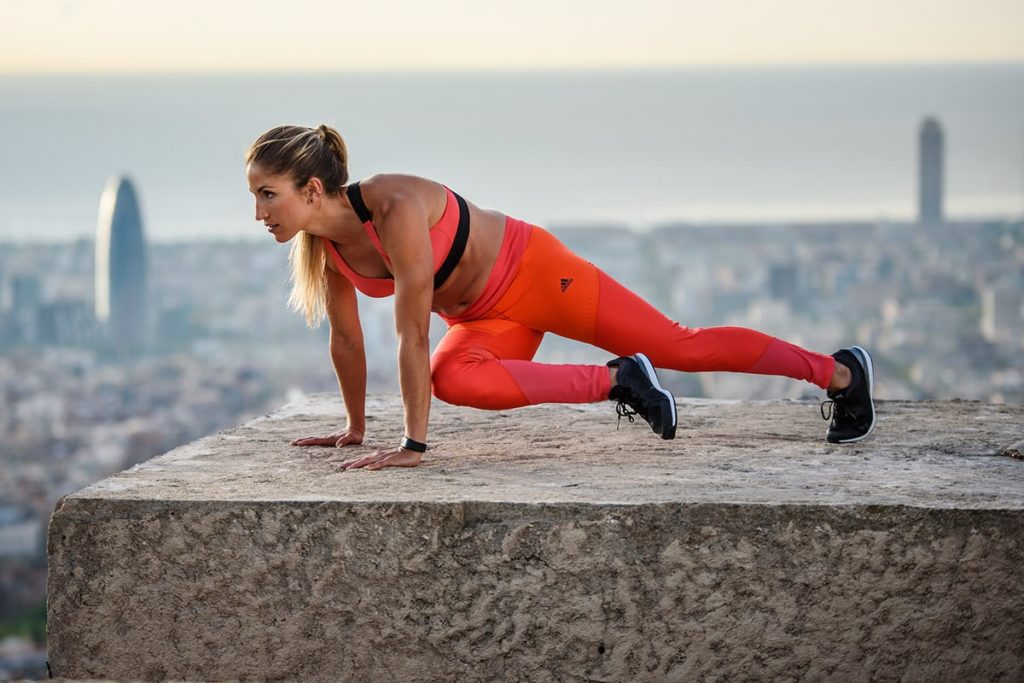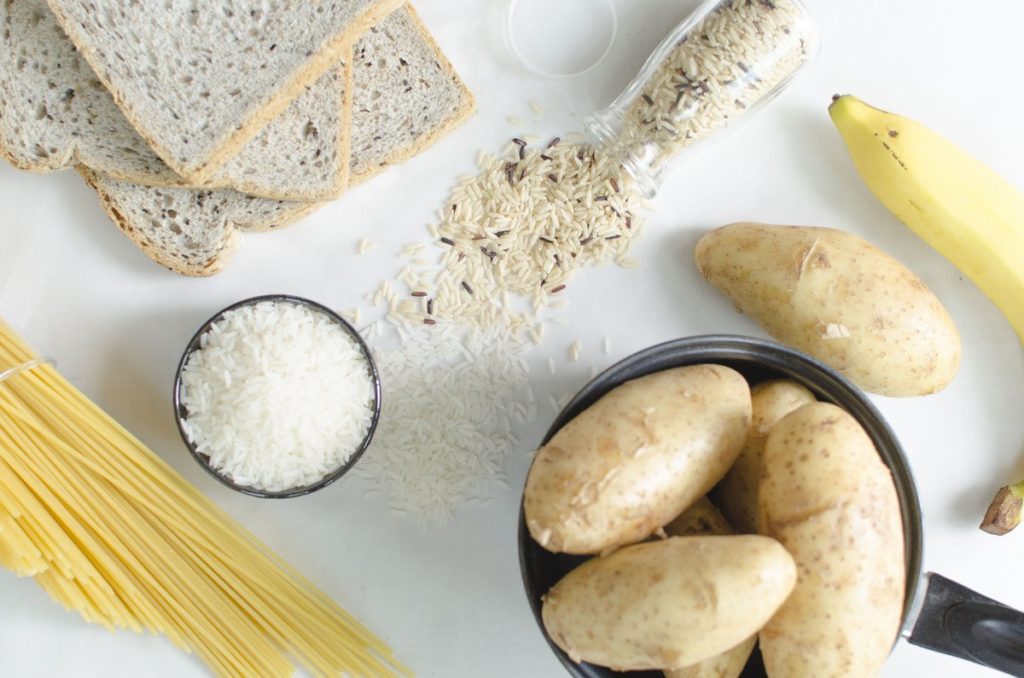How to Stay Active & Workout During Ramadan
During Ramadan, Muslims fast by abstaining from food and drink from dawn to sunset. Fasting is also advocated in various other religions and sometimes for medical reasons. Although regular exercise is important for reducing your risk of developing health conditions such as heart disease, stroke, and diabetes, you may be wondering if you can still exercise while fasting, or how active you should be during fasting.
Ramadan is a perfect opportunity to make significant changes to your fitness and well-being. To make the most of this month, we have sorted practical tips that will create a fitter you in just one month.
Just remember, Ramadan is about breaking bad habits, not putting them on pause
Working out in Ramadan is challenging. with less time, energy, and motivation, you need to be smart about your fitness, not just disciplined. What intensity to focus on, the best times to work out, and what frequency to have, are some crucial questions asked. Check out °CRYO’s seven practical tips that will make your training more effective.
1 – Clarify Your Goals

- Understand what you are trying to achieve from Ramadan and set realistic goals.
- Building muscle mass and making gains is something you should avoid, despite being at any fitness level.
- The best fitness goals for Ramadan are getting a leaner body and maintaining muscle mass.
- Fasting is one of the best strategies for weight loss. Cutting down fat and working out to tone your body are some of the best fitness perks of Ramadan.
- As a result, you may find some truth in body recomposition if you have fat to lose.
2 – How many times to workout per week?
- The answer varies to fitness levels and goals. However, the average down answer is three times a week.
- If you have been working out six days a week, you can work out three times a week in Ramadan.
- Most people can’t work out the same times they have been working out during the regular days.
- For best results, keep alternate workout days. For instance, Monday, Wednesday, and Friday are what most people set their days.
3 – How many minutes to workout?
- Again, it is entirely subjective to your fitness goals. However, working out between 30 to 45 minutes is ideal.
- If you already workout for 1 hour on regular days, then half an hour of workout the session is best.
- It also depends on your fitness and the intensity level. For high-intensity workouts, it is best to keep the session at 30 minutes. If low to medium intensity, then work out for 45 minutes.
4 – What workout intensity to keep?

- This is where your fitness level is subjective the most. Experts suggest that you should decrease the intensity by at least 20%.
- Ramadan’s workouts should be less intense than your usual workouts. How can you do that?
- Lower your reps and sets, decrease the weight, increase your rest time, and lower your speed on cardio.
- Your workout aims should be to maintain muscle mass, given you are in a calorie deficit for the month, decreasing your intensity is best practice.
5 – The best time to workout

This is the most common question asked and rightly so. Timing in Ramadan is a major factor that concerns most people due to busy schedules.
Let’s look at different timings:
After Iftar: Great time to workout but you are a little short of time. It can work for you if you take a pre-workout meal during iftar and go for a 30 minute HIIT.
After Taraweeh prayers: After prayers, you have plenty of time to work out. Get a pre-workout shake and hit the gym. That is possible if you stay up the whole night till Suhoor.
Before Suhoor: If you are disciplined and get up way before suhoor, working out just before suhoor time can be helpful on your time and sleep schedule. However, for most, it is impractical and requires lots of determination and the right amount of sleep.
While Fasting: It is only possible to work out right before you break your fast. It is a popular choice as most people are busy after iftar. Right before iftar, most got time to kill, and some believe engaging in physical activity can be a great way to stay fit and manage time.
Fasted workouts are still debated on how they impact our bodies. Some experts say working out and sweating during your fast is not considered suitable for health. Exercise while dehydration and starving can cause you to lose muscle mass.
Some suggest that working out while fasting helps you lose more fat. To conclude, if you are looking to lose weight, fasted cardio can be great for you, but if you are looking to maintain muscle then you should avoid fasted workouts.
6 – Type of Workout; Cardio or Strength
- It all depends on your fitness goals. Because you have limited time and energy, it is best to do more of what fulfills your goals.
- If you are looking to lose weight, then cardio can be an excellent option. Doing a fasted cardio will be more effective if you are trying to cut fat.
- Strength Training or weight lifting should only be done while not fasting. You will lose lean muscle tissue if you workout during fasting.
7 – Be conscious of your energy

- With all the above tips, you can understand the best times which will work for you. However, you also need to understand what your energy levels are when you are working out.
- People have different fitness levels, and those can vary at different times. Therefore, you need to find out what timing and level of intensity work for you.
- Your diet in Ramadan is also a significant determinant at what times you might have the highest energy.
To Conclude
Ramadan is a blessed month where Muslims are given the opportunity to be mindful of their acts. Eating healthy and exercising is a way to take care of your body. And taking care of your health is a blessed act. The above tips and guidelines are not just for Muslims but for anyone who is looking to benefit from any Intermittent Fasting. The dynamics are slightly different – however, the essence is the same when it comes to body performance.
Happy Ramadan!







